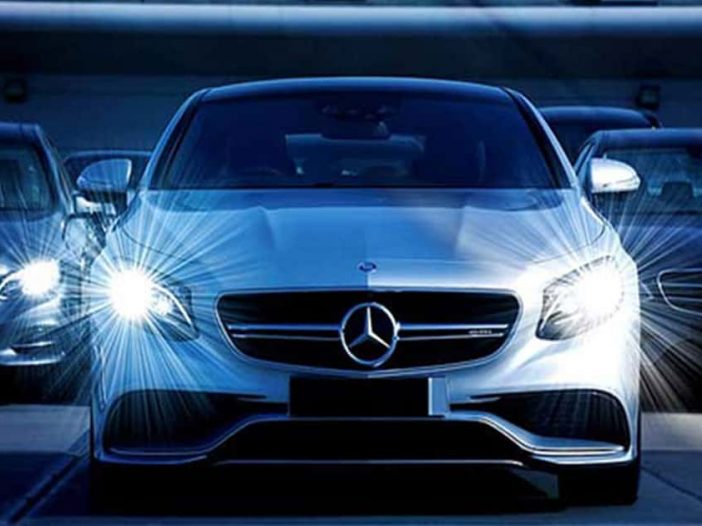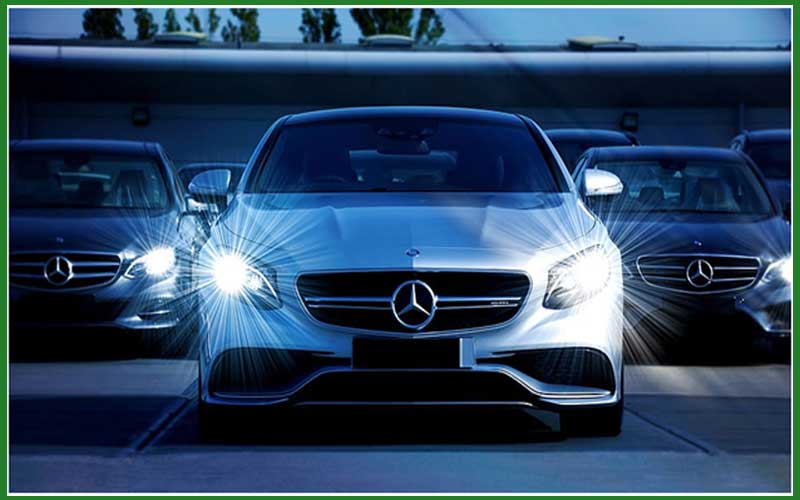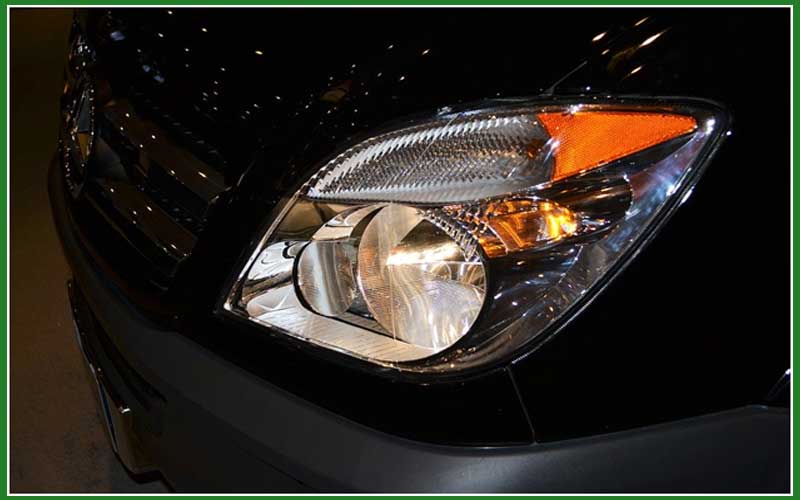
Your car’s headlights are essential as they give you better visibility and prevent accidents. You can know more about how they work on this link here. There are two choices when you are deciding which ones to use. You can choose from LED and HID, which are the most popular ones out there. They are the alternatives in the age where halogen lamps continue to become less efficient.
If you are one of the many car owners who brave the dark roads at night, you may find the terms HID and LED to be confusing. The two of them both describe modern headlamps so they might be similar to each other at first glance.
LED and HID may seem to work on similar technologies, but there are differences that you should take into considerations. There are also advantages and disadvantages that you need to know. Below are their comparisons on how they are similar and different.
Things to Know about HID
HID means high-intensity discharge lights, and it’s a technology that passes into two electrodes to produce flashes. A bulb seals these electrodes, and the inside also contains ionized gases.
Some of the different bulb variations include the use of metal halide, mercury, sodium, and xenon. The bulbs’ name depends on which gas they contain.
Xenon is the most popular headlight since it produces the whitest and the brightest beams. You can replace your car’s lights with xenon through the accessories found on sites such as ledlightstreet.com headlights. The xenon gas is now becoming popular as it slowly replaces halogen lamps in many car brands.
The lamps don’t have any filaments, and xenon gases need lots of energy. This is why they frequently heat up. Once it reaches a specific temperature, the metallic salts in the bulb vaporize and melt. This is the time when much of the resistance is reduced, and the current flows through the electrodes. With these processes, bulbs can reach their maximum brightness.
Pros in Using HID
- Whitest Light to Use – Since the gas is xenon, the beams will produce the most intense and whitest lights for your vehicle. The bright lights can glare too much, and this can cause problems with other cars on the opposite lanes.
- Far-Reaching – In addition to the brightness, the HID lamps are far-reaching. They are ideal for foggy areas and darker locations.
- Efficient – At first, it may seem that HID uses lots of energy. However, the lamps can cut down their consumption upon continued use. They can be more efficient compared to halogen lamps but less efficient compared to LEDs.
- Cheaper Compared to LED – You can get affordable HID bulbs on the right store or website. But the gaps may be closing, and LED is also getting more affordable as days pass.
Cons with HID
- Fewer Color Options Compared to LEDs – The operation and tech behind HID make it difficult for them to produce different-colored lights compared to LEDs. You can know more about the bulbs’ colors here: https://www.cnet.com/how-to/before-buying-led-bulbs/.
- Glare is too Blinding – The bulbs can improve visibility to your vehicle but not to other drivers. The glow produced is often too intense even to the point of blinding.
Know More About LED
The principal function of light-emitting diode revolves around the principles of electroluminescence. This happens when the photons escape after the electrons move through a semiconductor. The LED is a diode that has two semiconductors bound together. The first side should always have a positive charge and the other a negative one.
The release of light through electroluminescence results in producing any desired color that you want for your lamps.
Pros
- More Energy Efficient than HID – The LED is very energy-efficient since it doesn’t require much current to work. They don’t need too much energy surge upon start-up, but they can produce equally bright lights that can be compared to xenon.
- They Can be Dimmed – Since semiconductors power them, you can dim them whenever necessary. You can do this by reducing the electric current’s flow and controlling the emission of the p-n junctions.
- They are Flexible – You can start with small single LED lights then connect it to another array of bulbs. You may see police vehicles with light bars that are made up of small LEDs. You can take this opportunity to create the style of lighting that suits your personality.
Cons
- Installing it Requires Cooling Time – The LED may stay cool, but the components that surround them can heat up. To avoid this problem, you may want to fit a fan or a heat sinking device into your vehicle.
- They are More Expensive than HID– You may want to spend more at the start, but due to their efficiency, LED can help you with long-term expenses.
When you are choosing the best one that will fit your car best, you need to consider their features, advantages, and disadvantages. You can do research and ask the right people so that you can decide better.


